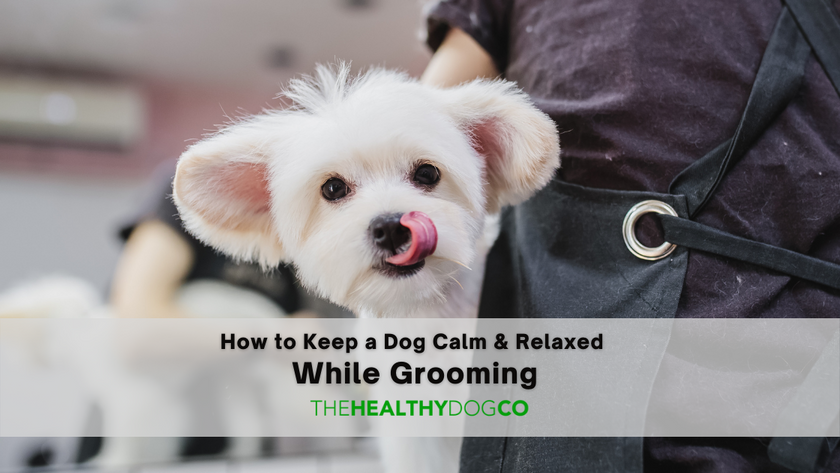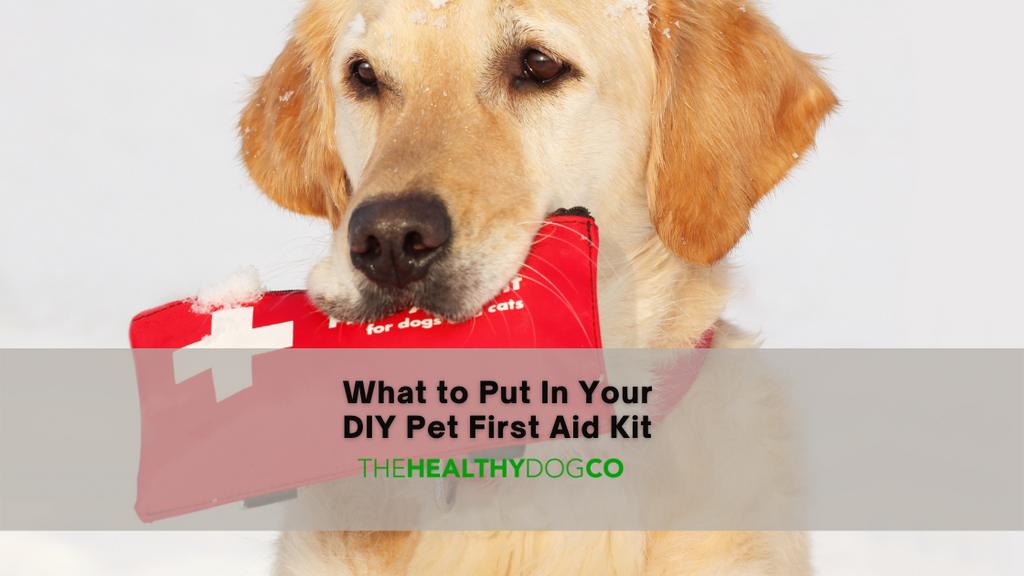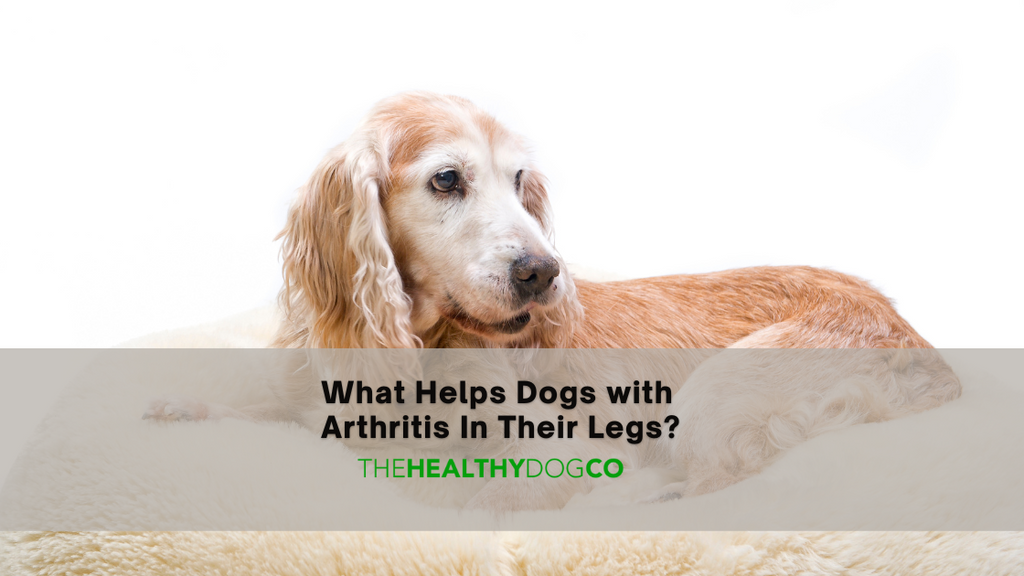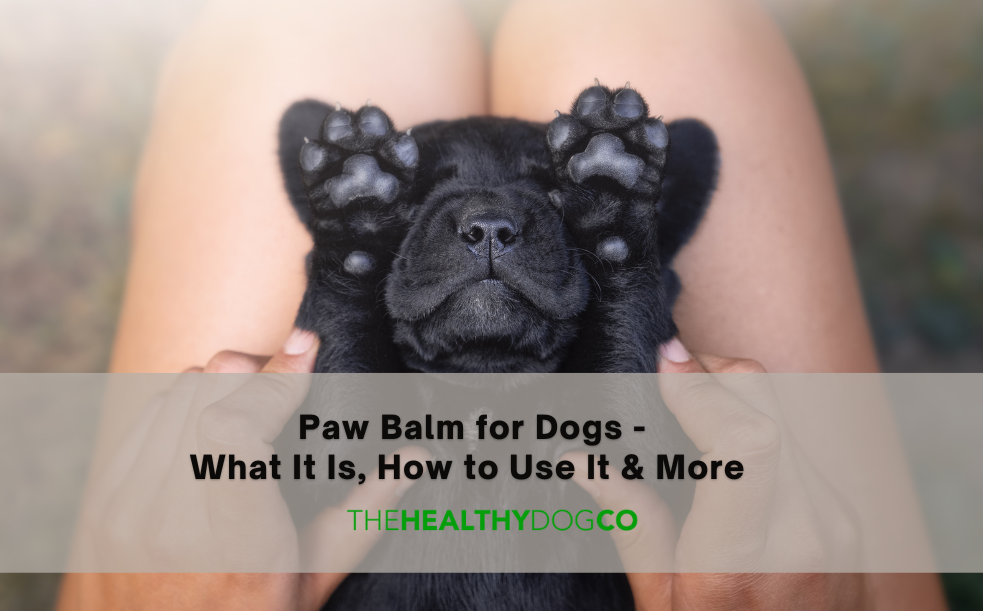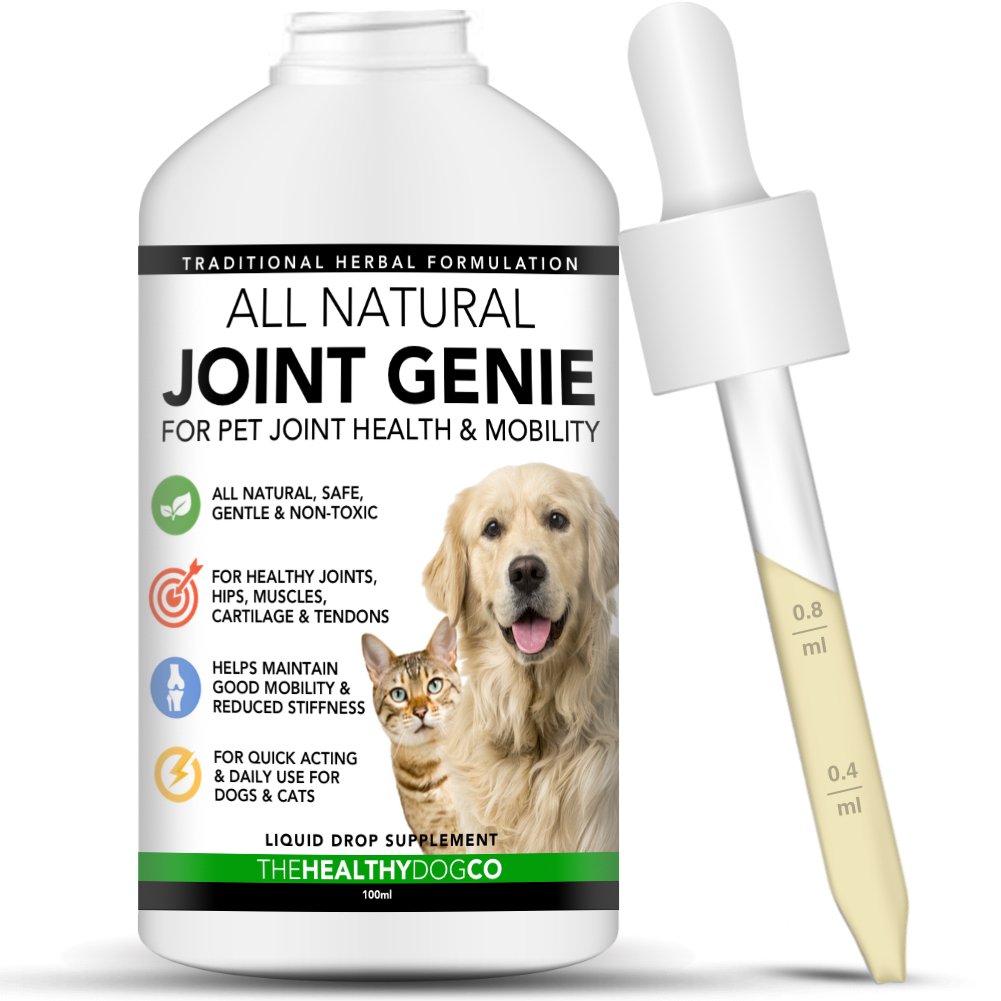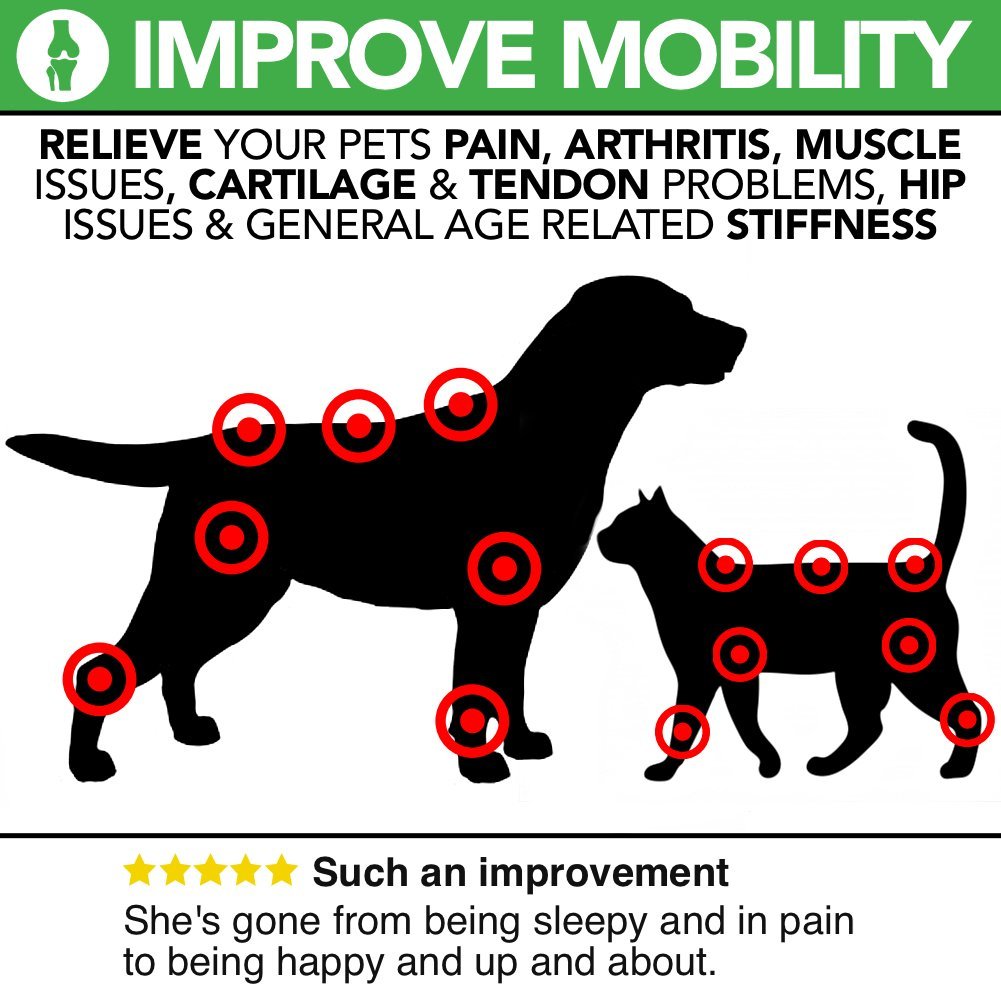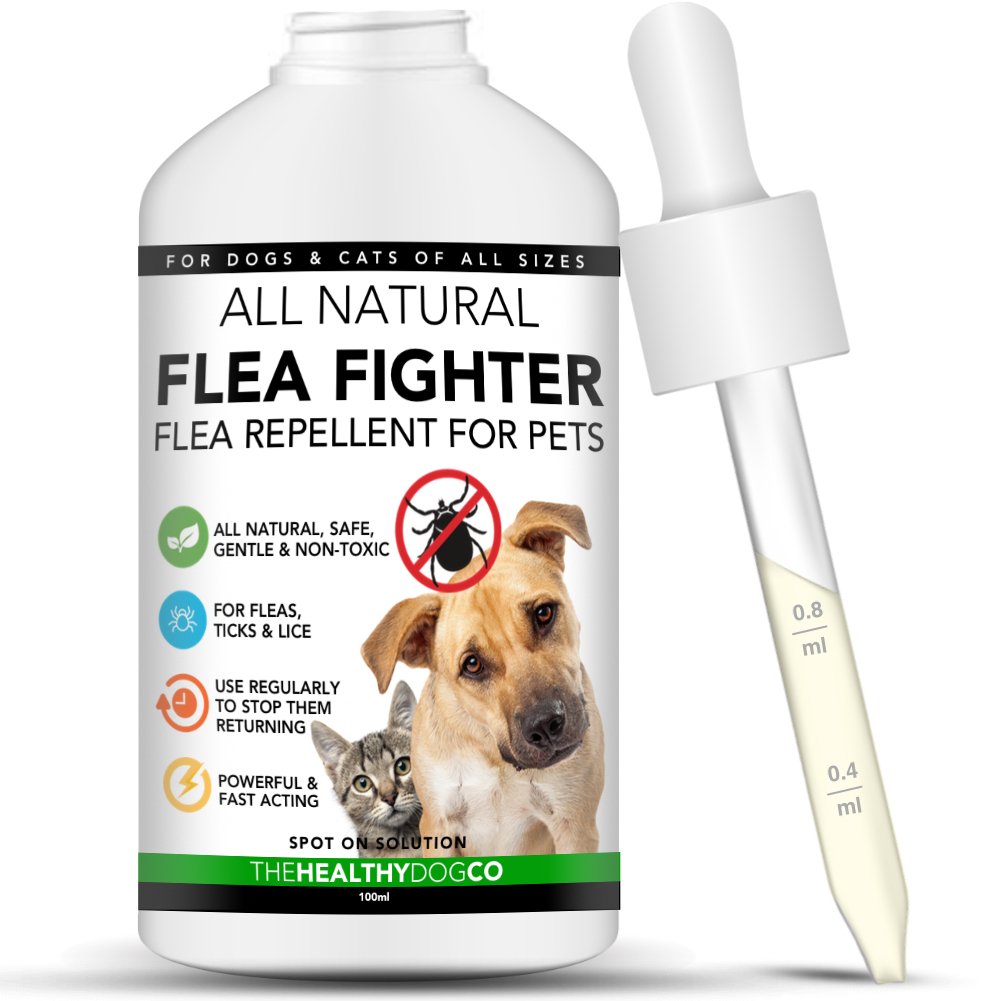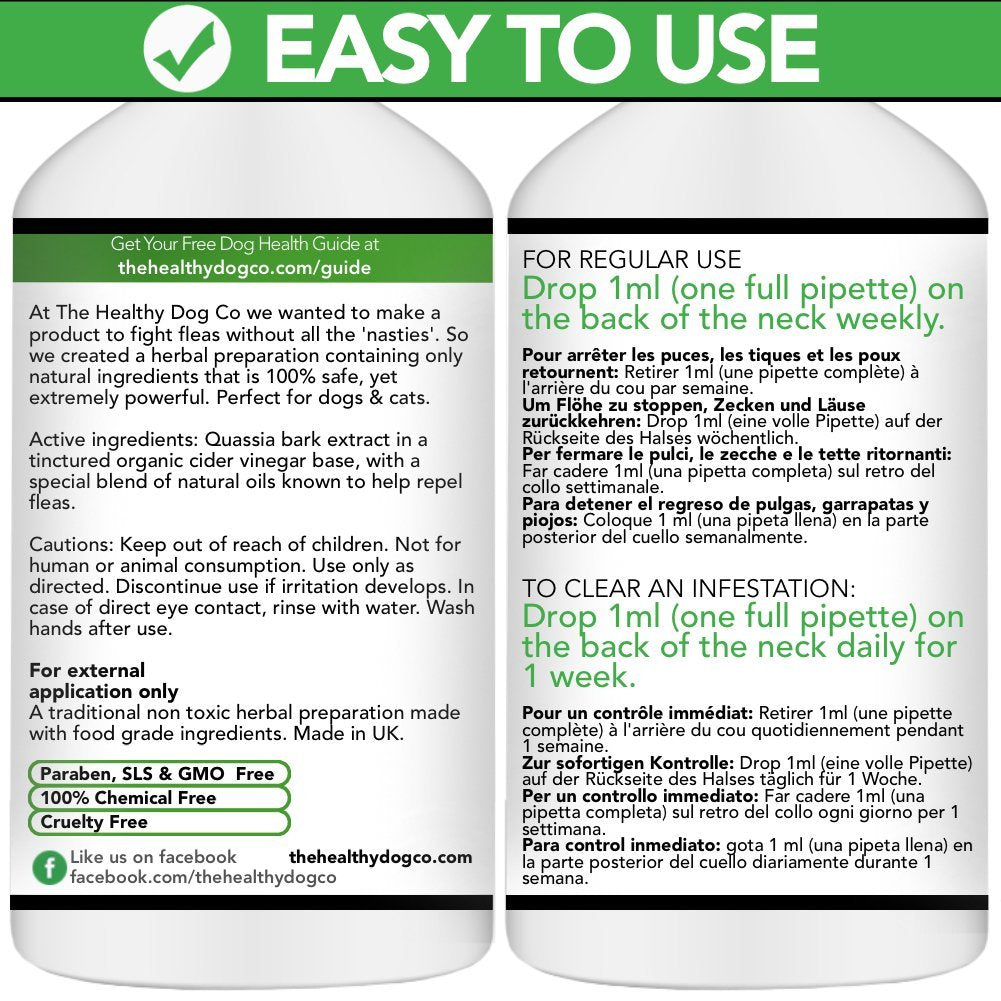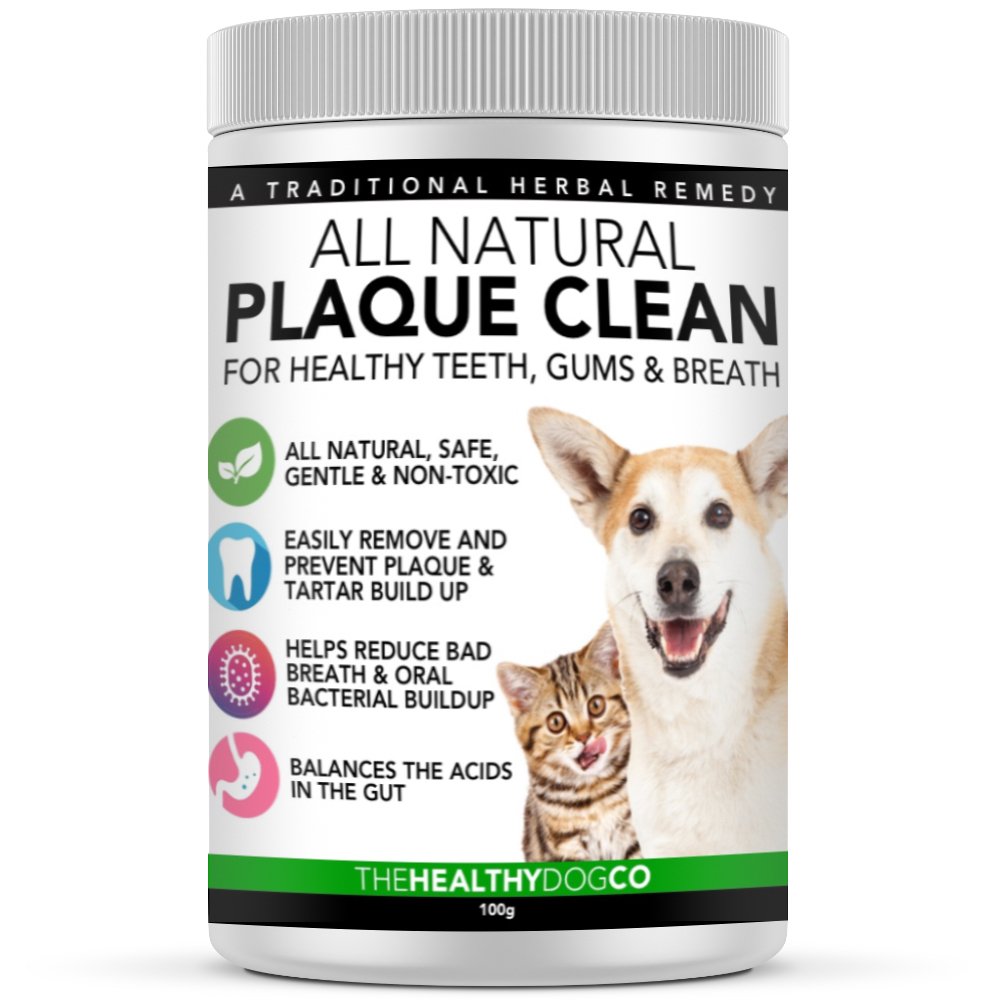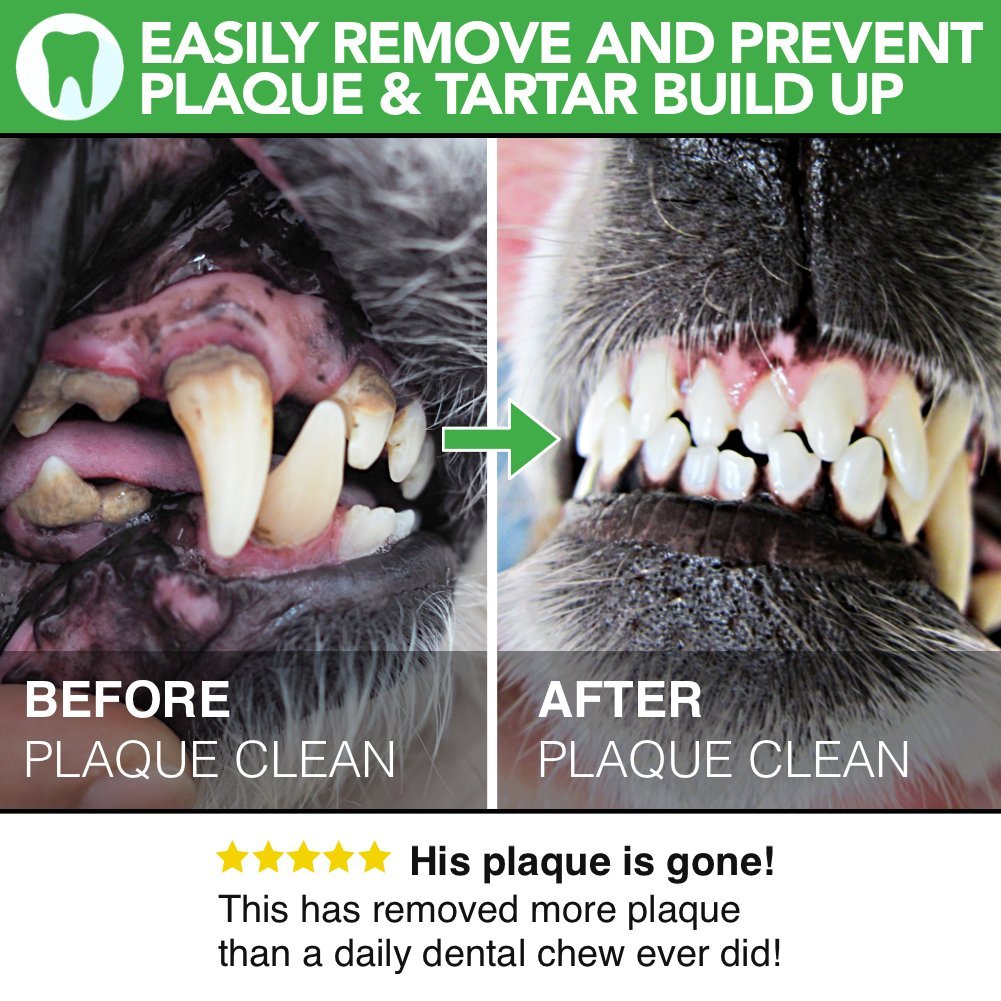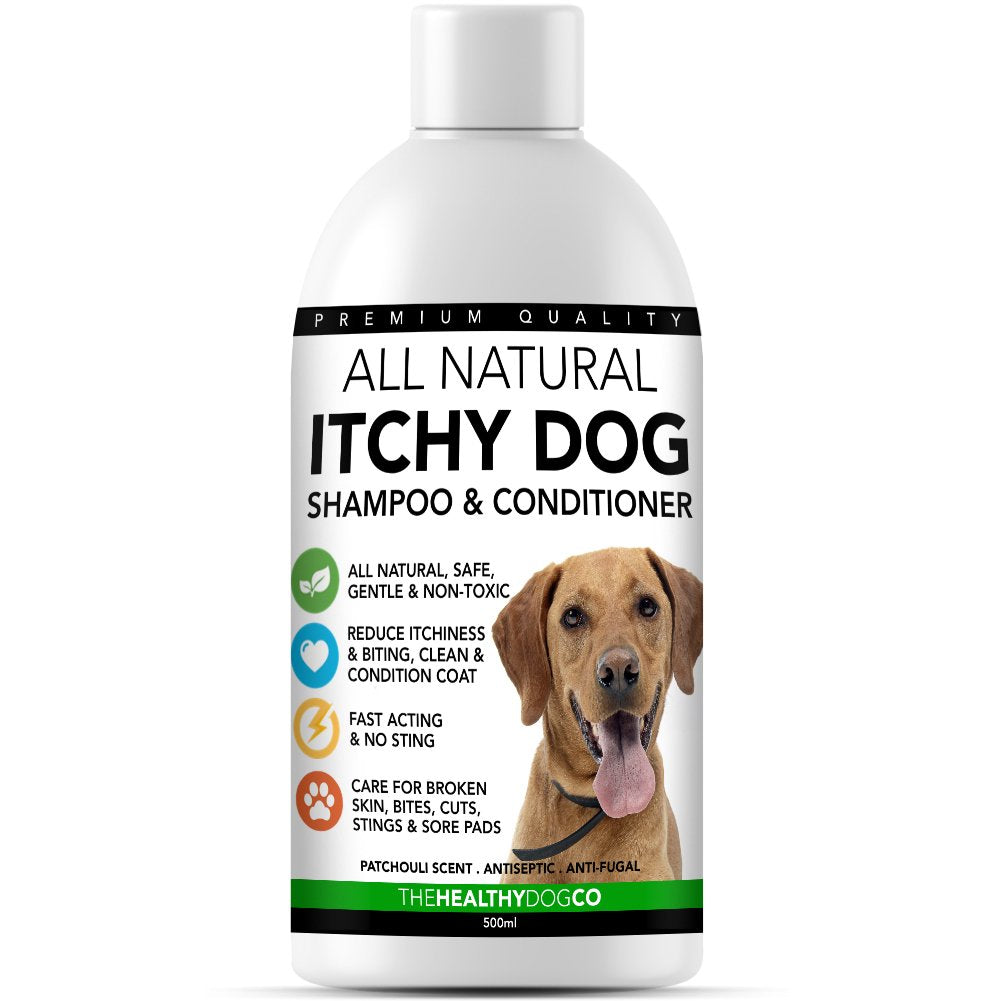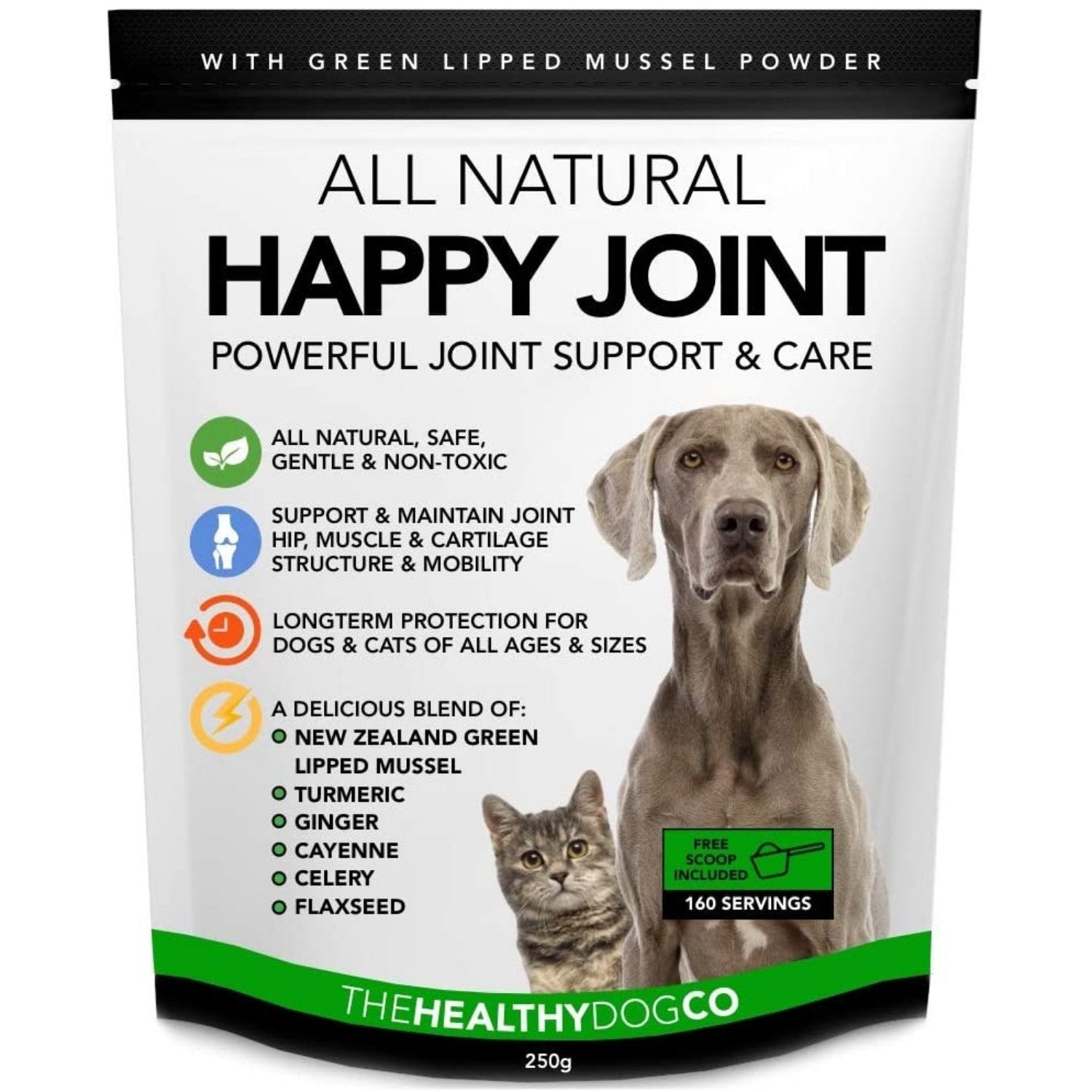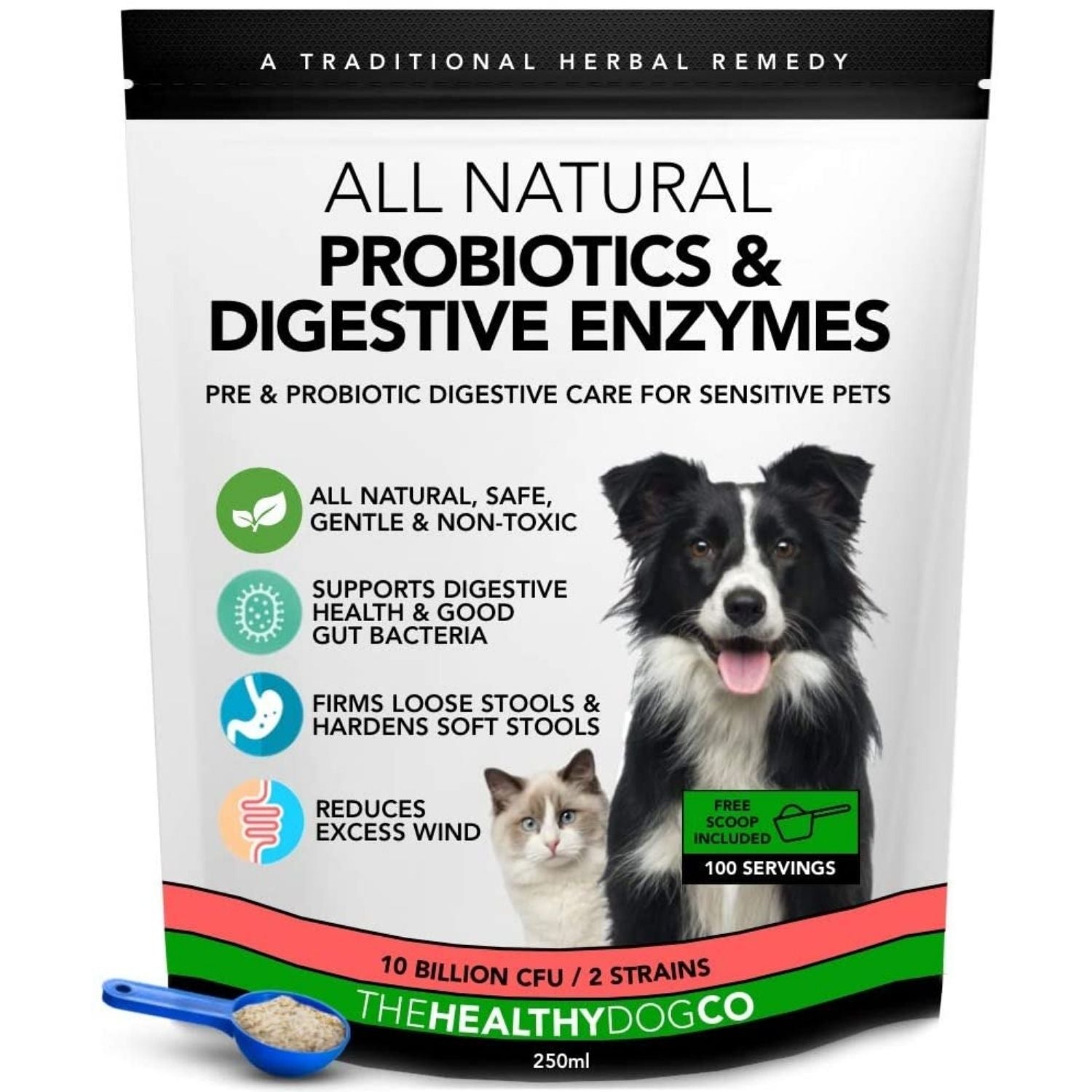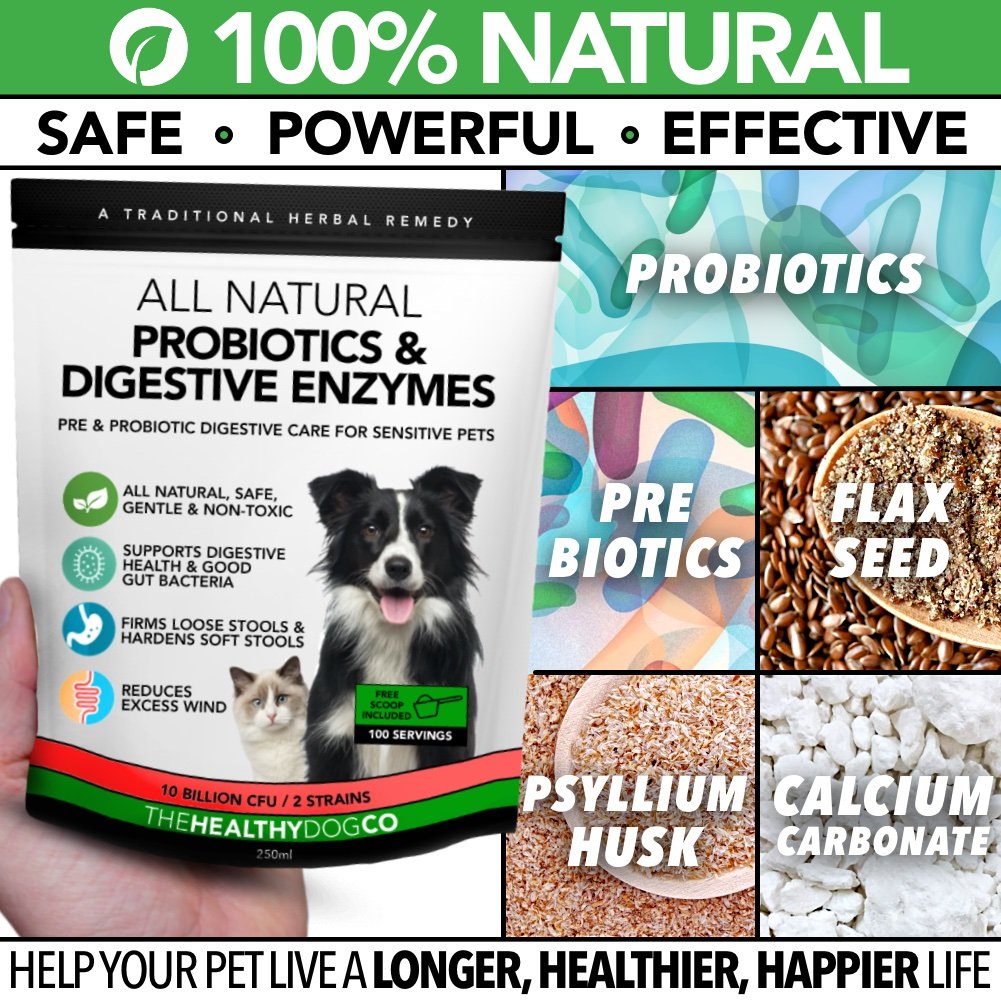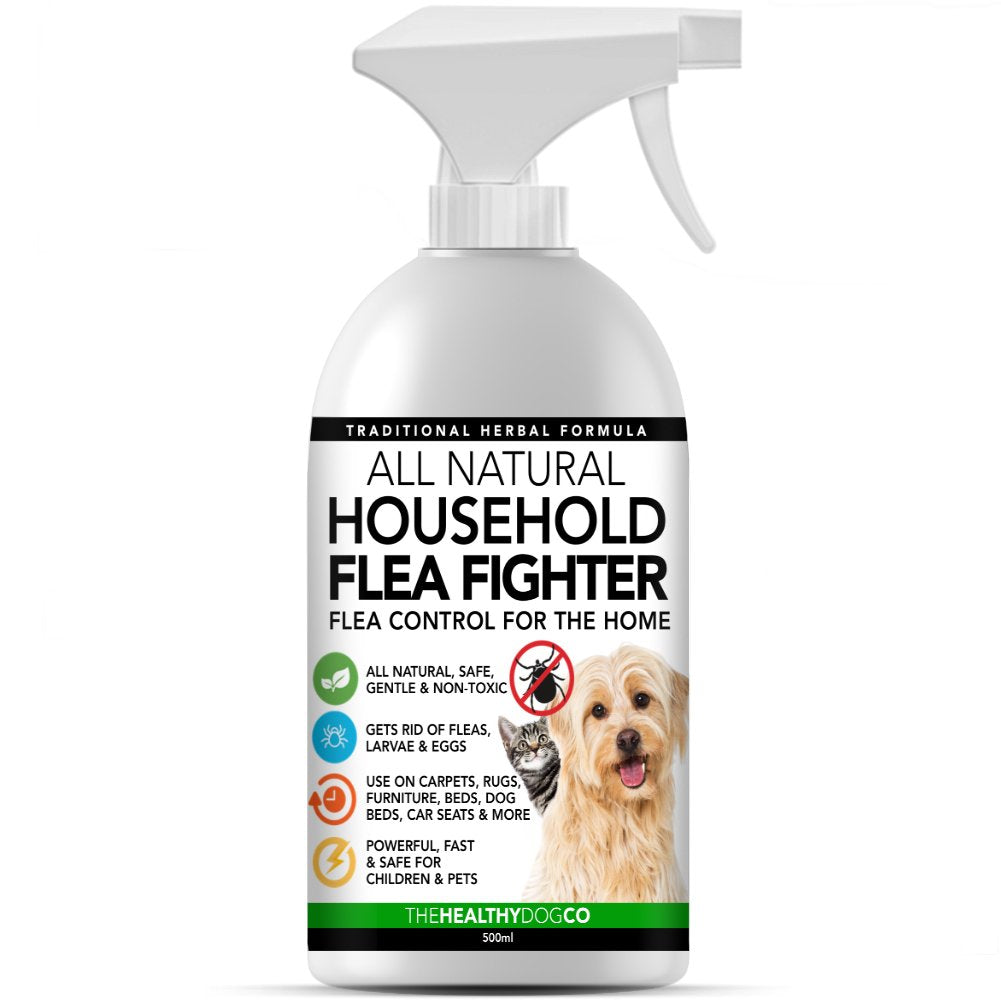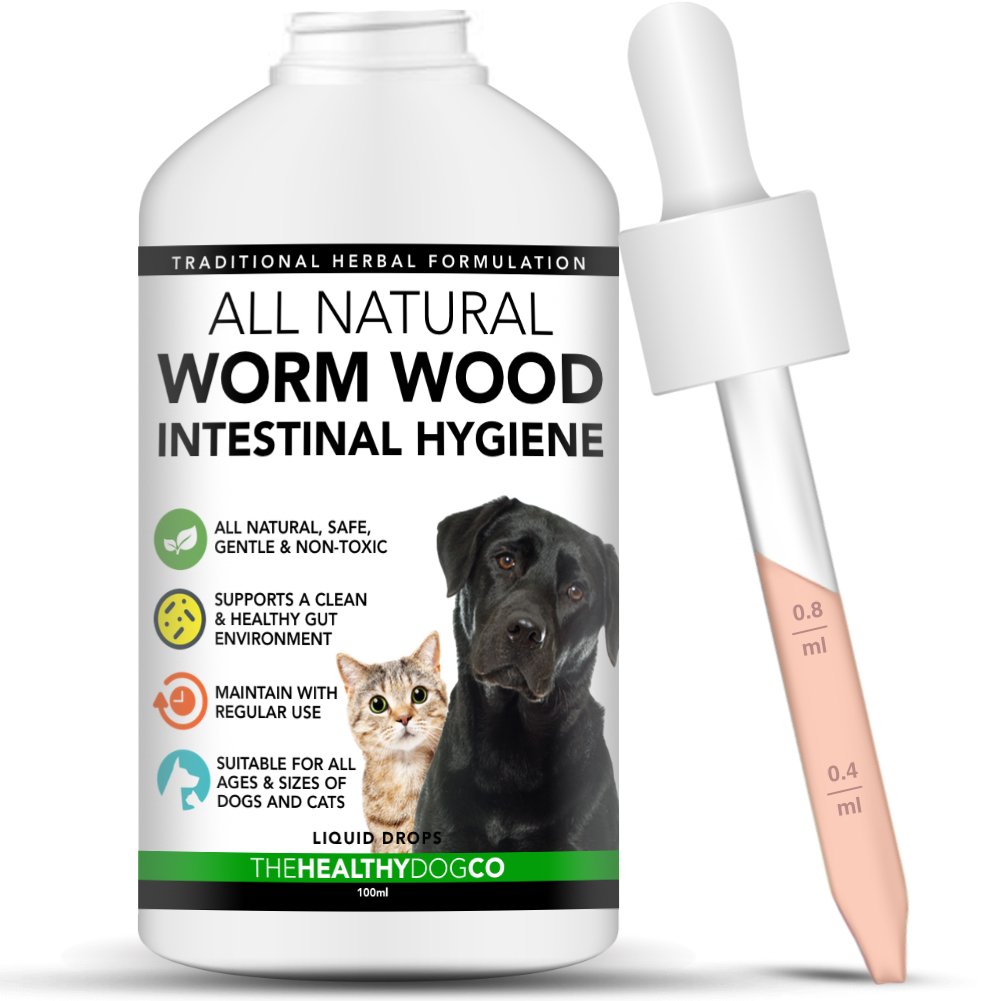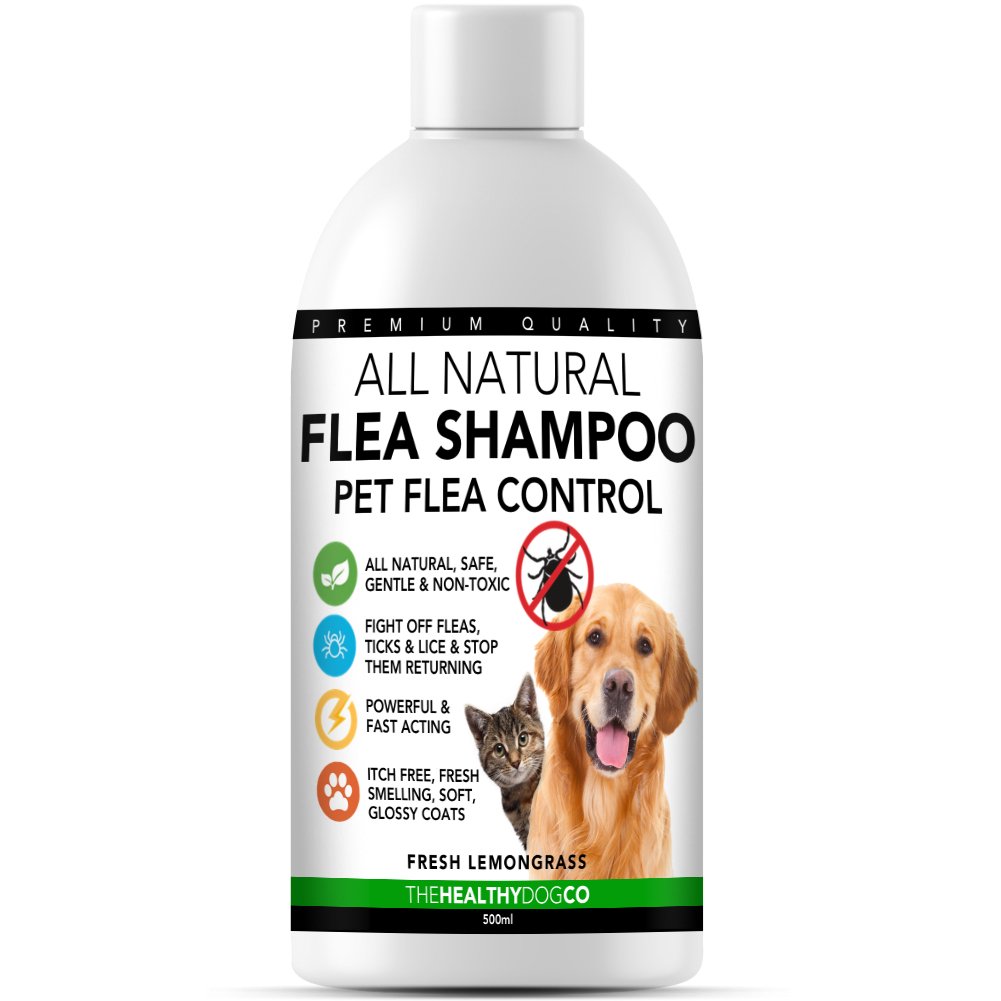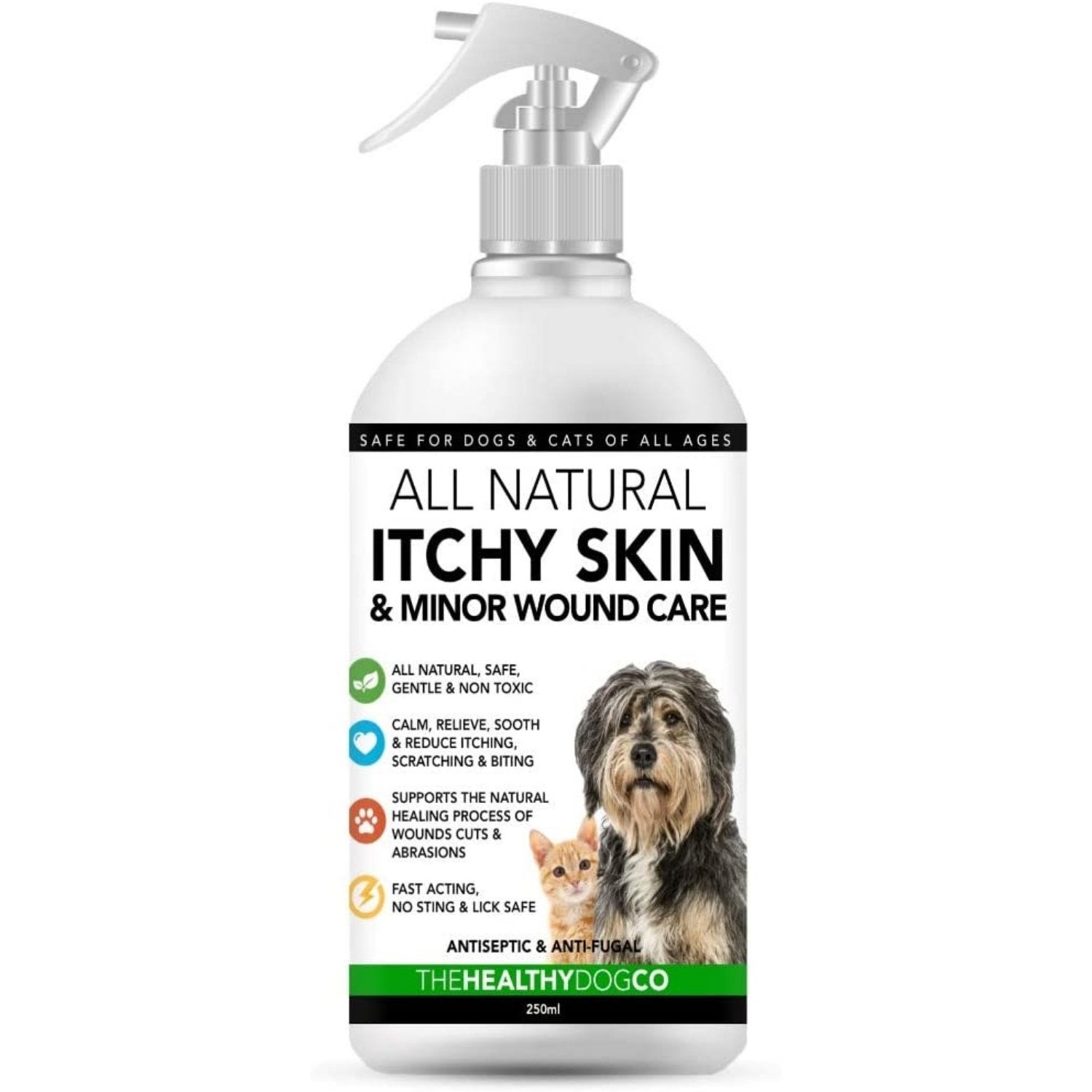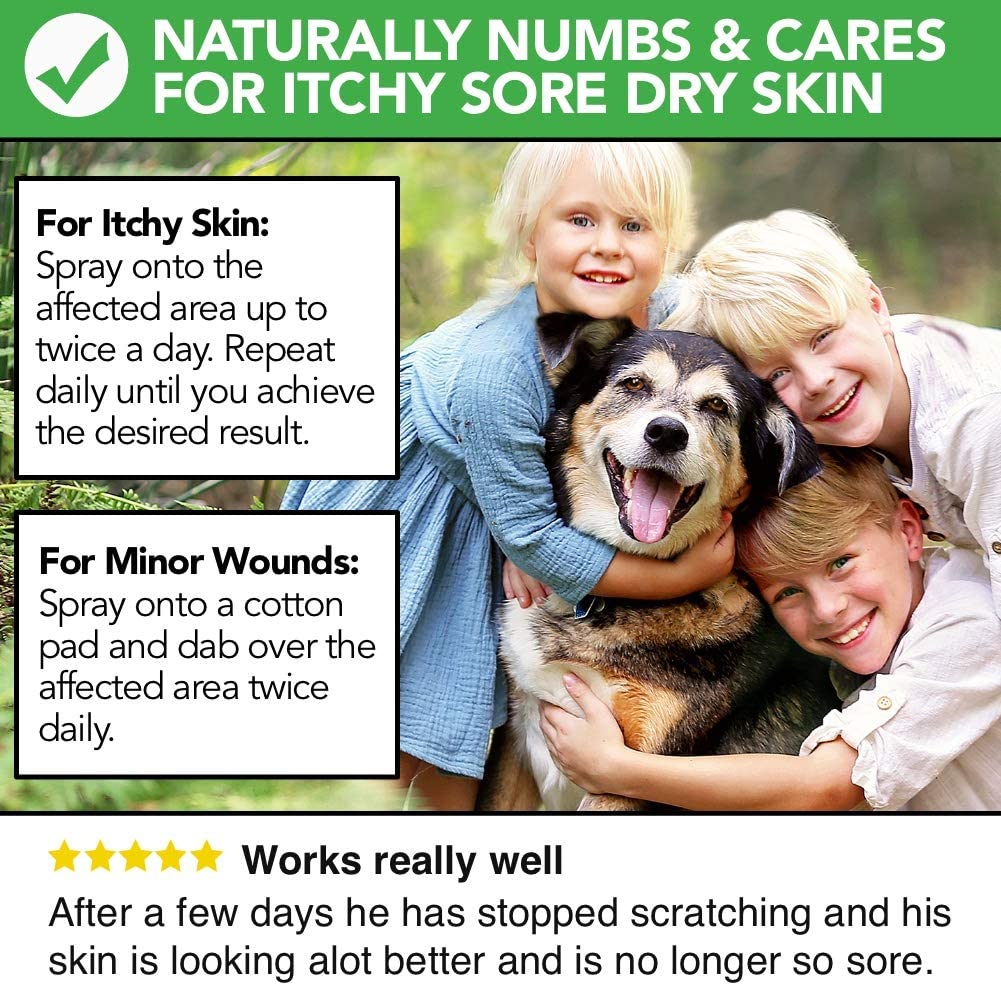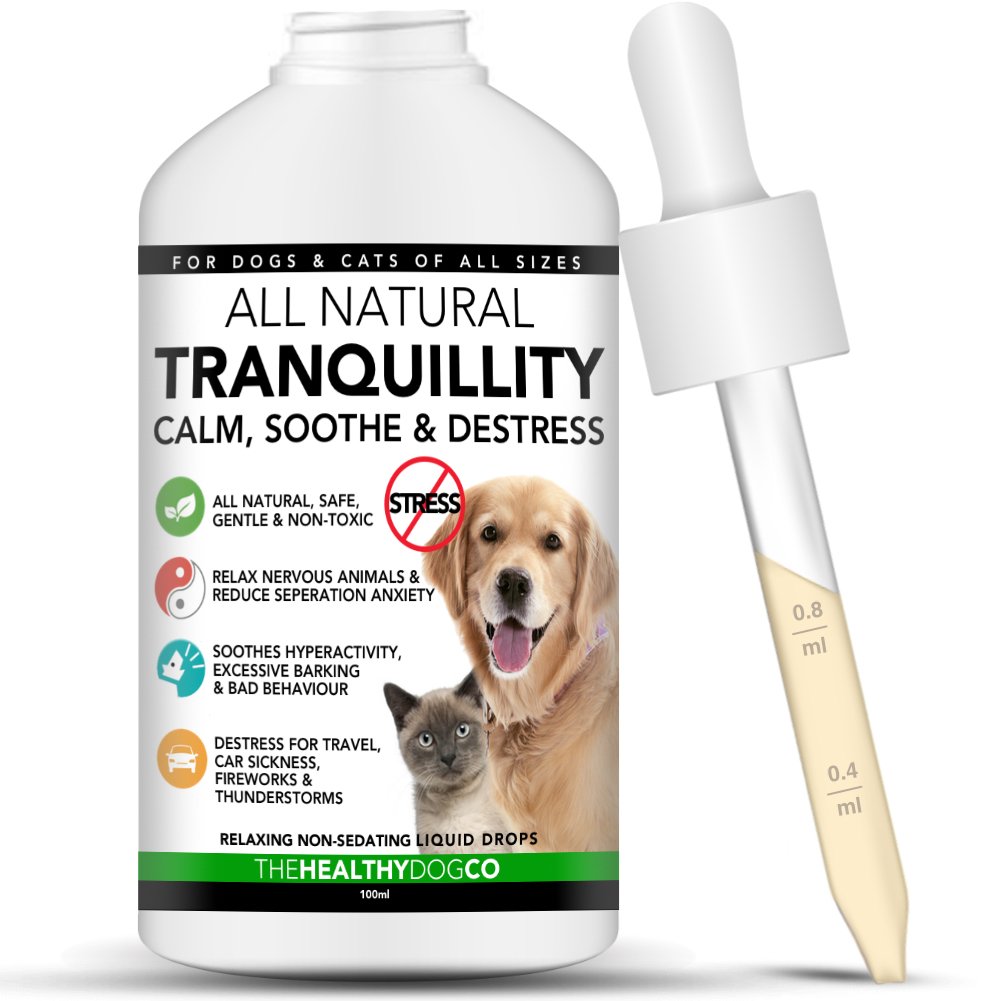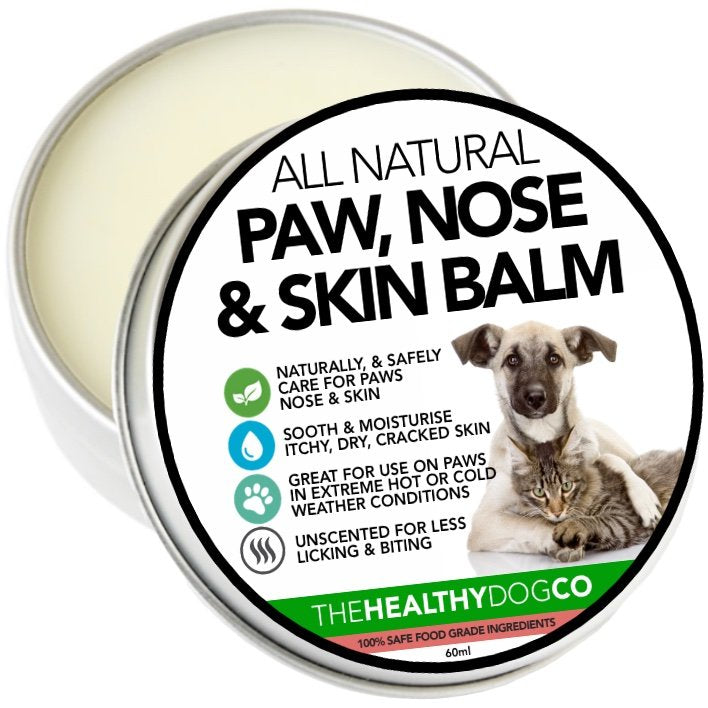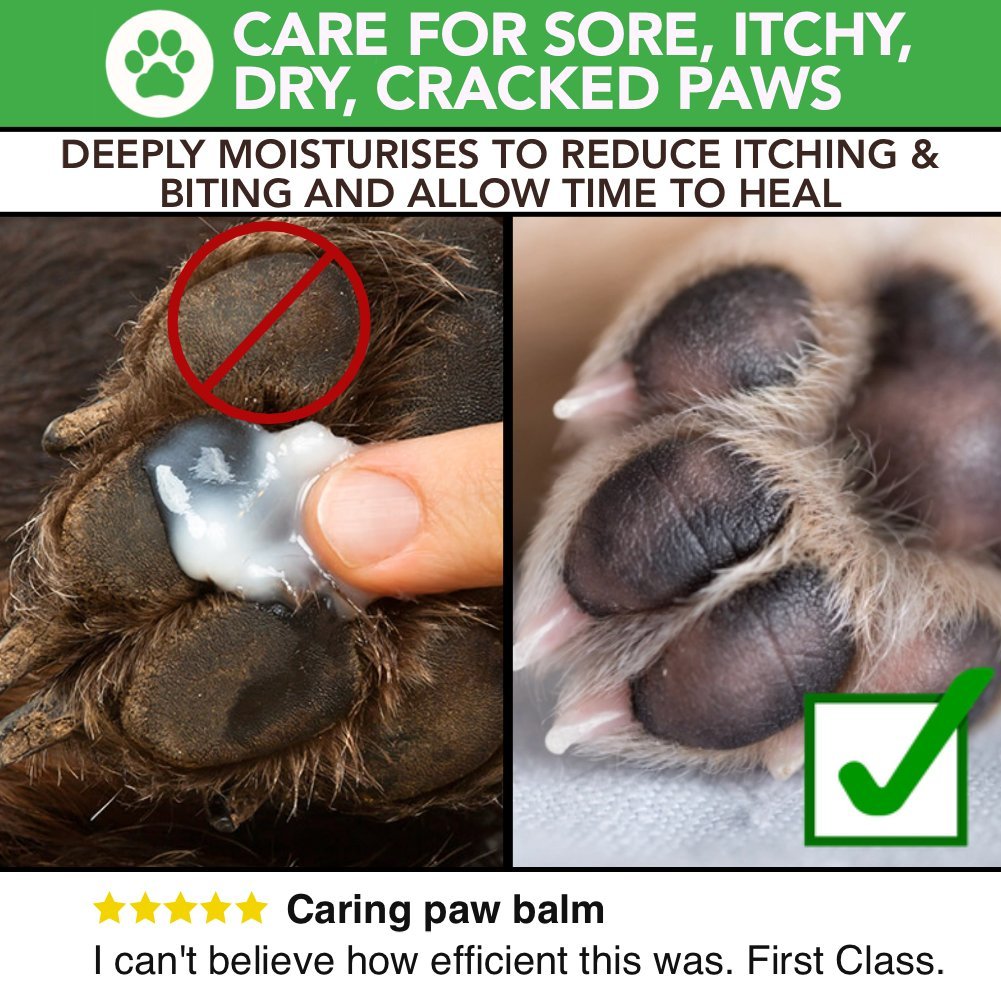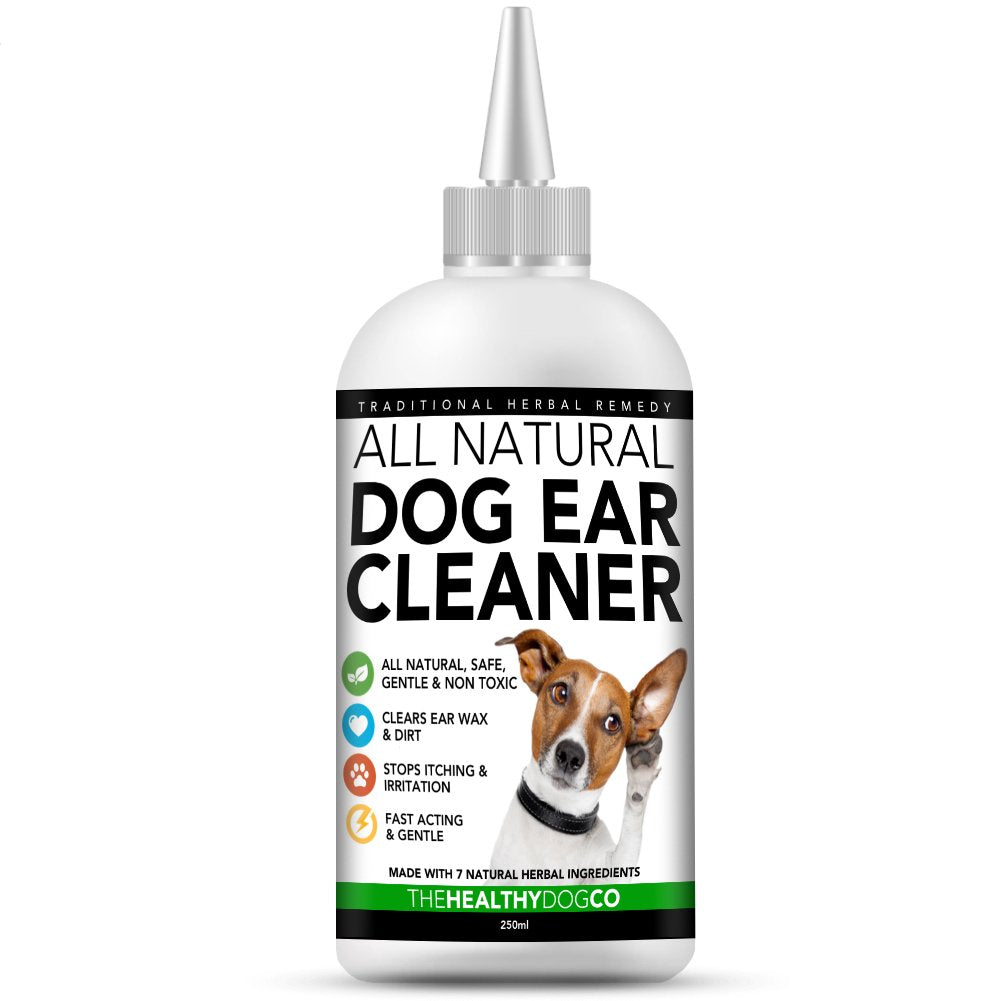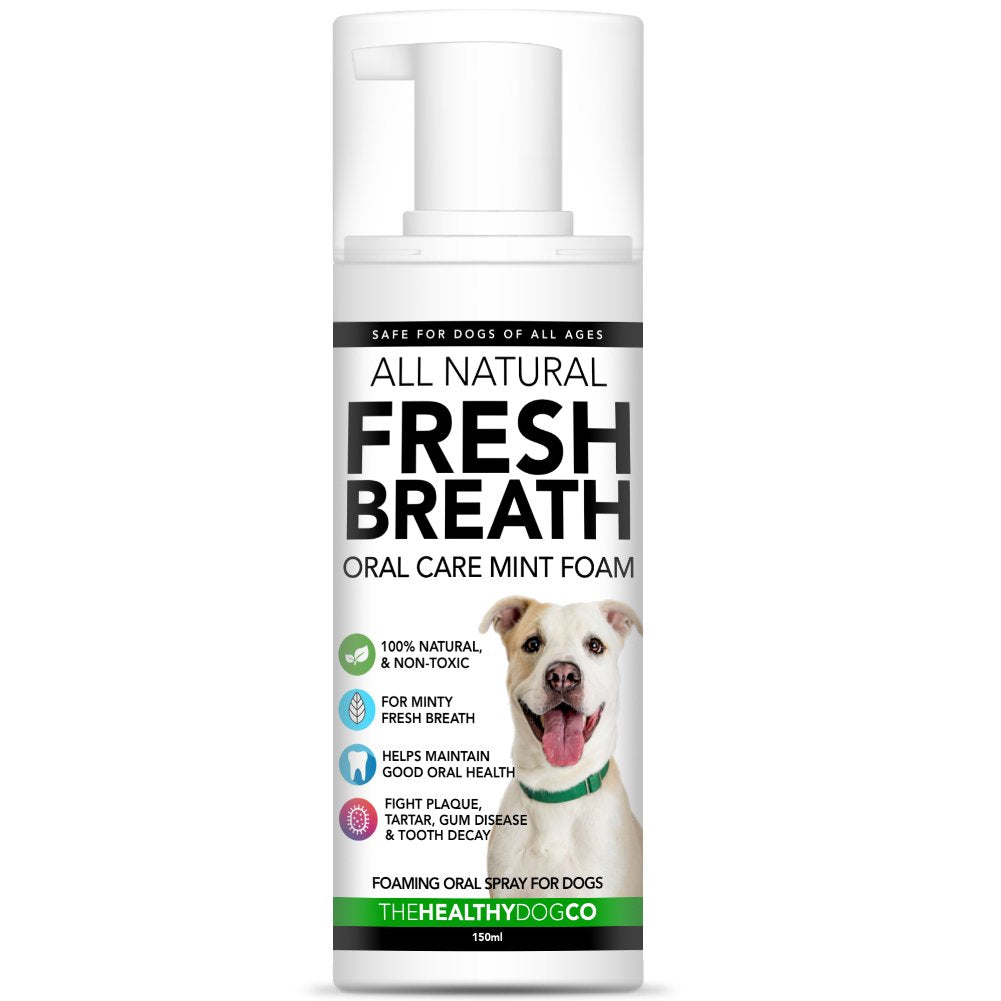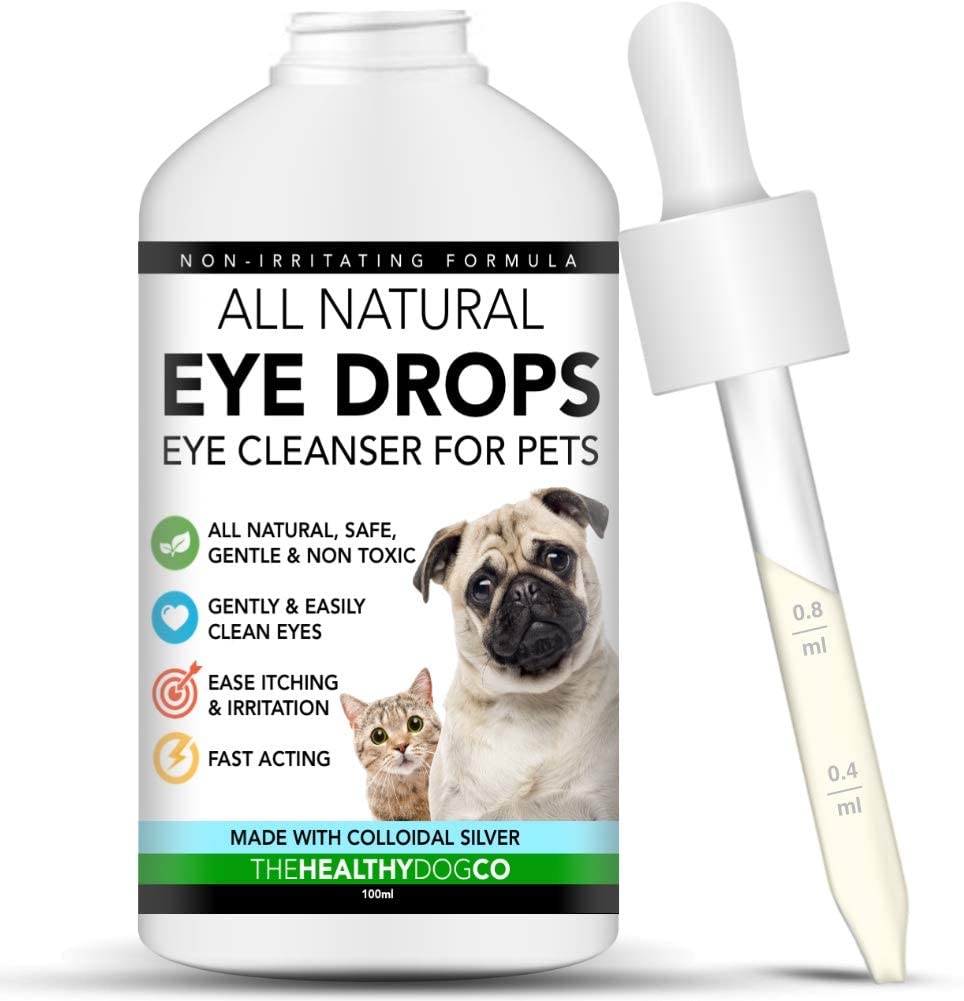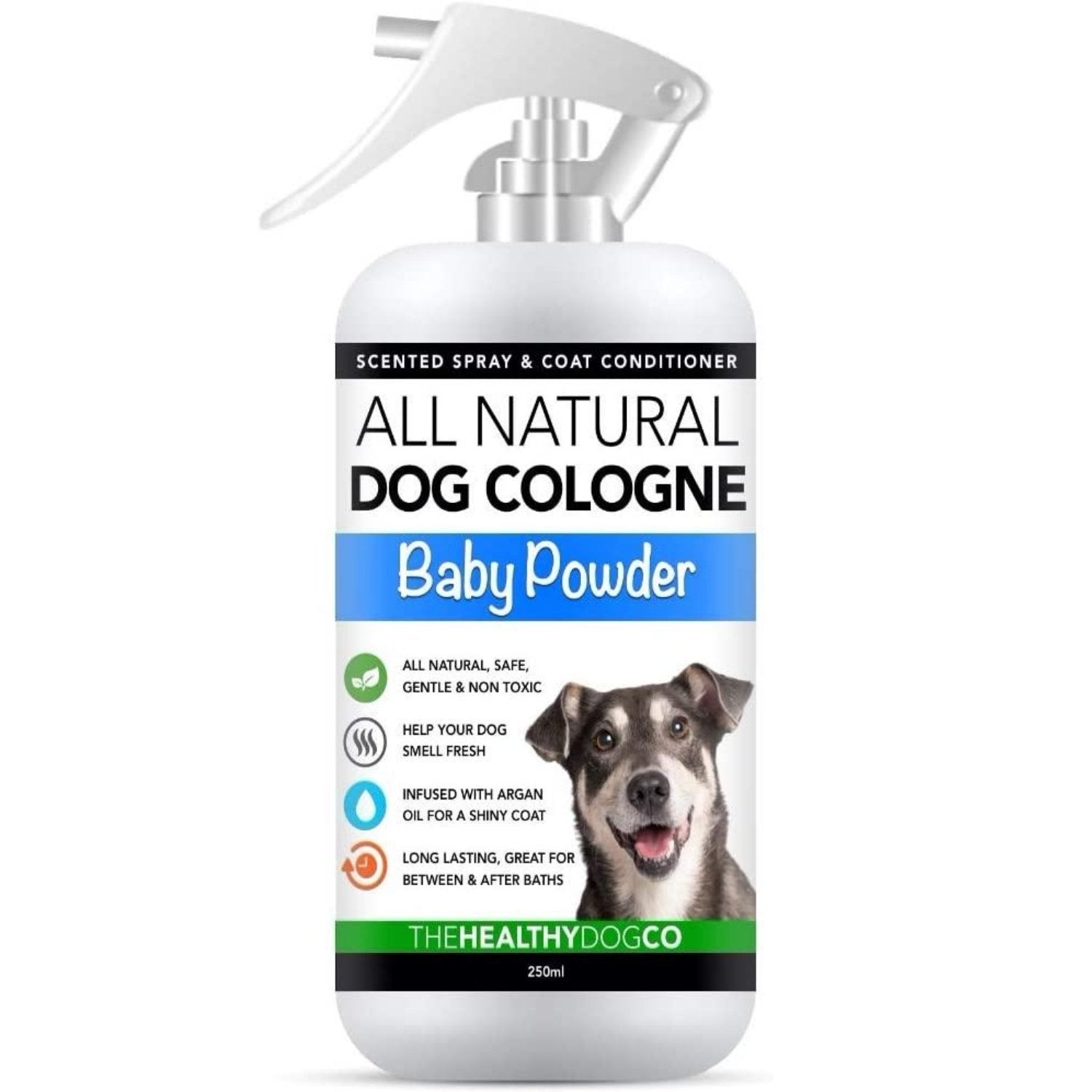
Signs of Worms in Dogs and Deworming

As a dog lover, you want to do everything you can to keep your canine companion as healthy as possible during their lifetime. While dogs can be prone to different types of diseases and conditions, worms are some of the most common and potentially harmful. Since dogs are by nature very social animals and tend to spend much of their time outdoors, they are very susceptible to contracting worms from the time they are puppies all the way to their older years. However, once you know what to look for regarding the presence of worms in your dog, how worms can be treated, and how you can prevent worms from forming in your dog, you can gain peace of mind and also increase the odds you'll have your favourite furry family member with you for many years.
What are the Signs and Symptoms of Worms in Dogs?
Though worms can be treated, it is still very important that you as the dog owner know what to look for regarding the signs and symptoms indicating your dog may have a worm infestation. Some of the most common signs and symptoms include lethargy and vomiting, weight loss that's followed by an increase or decrease in appetite, an abdomen that is distended and has a pot-belly appearance, a dull coat that may also include hair loss, the development of a chronic cough, and either diarrhoea or having stools that are always soft. Also, if your dog begins to regularly rub its hindquarters across the ground, this could signal the presence of worms.
Worms in Older Dogs
In older dogs, worms may be present if you start to notice a loss of energy, decreased appetite, a dull coat, and problems with soft stools. Also, older dogs may tend to develop a chronic cough or seem to be short of breath now and then, and may also start to resist the opportunity for exercise.
Worms in Puppies
When it comes to puppies that may have worms, the tell-tale sign is usually the pot-bellied appearance of their abdomen. Since worms primarily rob a dog of vital nutrients, a heavy worm presence can take a greater toll on puppies and can, in fact, be fatal if untreated. Therefore, if your puppy has a distended abdomen, is listless and not playing as usual, or has started vomiting or experiencing diarrhoea, it's best to contact a vet for an appointment.
How Do Dogs Contract Worms?

Depending on their individual situation, there are many ways in which dogs young and old can contract worms. For example, the most common way puppies get worms is when they are nursing from their mother and drinking contaminated milk since an infected mother can pass this on to her puppies through her milk. As for other common ways all dogs can get worms, these include consuming or walking around in contaminated soil, eating rodents, birds, and infected reptiles, being in contact with other dogs or animals that are infected, eating an infected animal's vomit or faeces, or being bitten by or ingesting fleas, ticks, or mosquitoes.
Types of Dog Worms
When trying to look for signs of worms in dogs, you will eventually find out there are many different types of worms with which your dog could be infected. While some may be easier to treat than others, some varieties can pose several challenges regarding treatment and your dog's long-term health. Therefore, once you suspect your dog may have worms, here are some of the most common dog worms, how they are contracted, and how they can be prevented.
Roundworms
By far the most common dog worm, roundworms look like wet spaghetti and can be up to five inches long. Transmitted through a mother's infected milk, by eating an infected animal, or coming into contact with another infected animal's faeces, they can be easily treated once discovered.
Tapeworms
Possessing long and flat bodies, tapeworms can grow as much as eight inches in length. Entering your dog's system when your dog ingests a bird or flea that is carrying tapeworm eggs, they are often visible in your dog's faeces or on your dog's rear end after they have defecated. As for prevention, keeping your dog flea-free and unable to catch and eat birds or other infected animals is your best bet.
Hookworms
Smallest of the dog worms, hookworms live in a dog's small intestine and reach a length of only one inch. However, because they feed on the dog's blood, they are known for causing life-threatening anaemia in puppies as well as older dogs who may have compromised immune systems. Passed along in faeces, they can infect not only other animals but humans as well.
Whipworms
Though not as common as those worms mentioned thus far, whipworms are far more harmful to your dog if not detected and treated as soon as possible. While measuring only about 1/4" in length, they reside in a dog's colon and cecum. However, while there they can cause severe damage to these organs, which could prove to be fatal in some instances. Yet since they are relatively rare, most dogs do not experience problems with whipworms.
Heartworms
Likely the type of dog worms most canine owners are familiar with, heartworms live up to their name and reside in a dog's pulmonary arteries and heart. Transmitted through mosquito bites, which is the only method of infestation for these worms, the worms travel throughout a dog's body for over six months before settling into the heart. Though extremely preventable and treatable when detected early enough, they often prove fatal in dogs where the infestation has been allowed to progress to an advanced stage.
Ringworm
Finally, we come to a worm that is actually not a worm at all. Ringworm, a painful skin disease that is fungus-based and characterized by lesions on the outer layer of a dog's skin, is actually caused by dead layers of hair, skin, and nails that become infected. Upon diagnosis by a vet, the condition is curable. However, you and your dog will need to be patient, since the course of treatment can take some time.

Diagnosis of Worms by Vet
When you believe you may be seeing signs of worms in dogs you own, it is always best to have your dog thoroughly examined by a veterinarian to verify your suspicions, determine what type of worm is present, and decide on a course of treatment. To diagnose worms in your dog, a vet will use many methods. To begin with, they will ask you questions about your dog's recent health to find out if anything unusual has been occurring, such as diarrhoea, vomiting, lethargy, or other abnormalities. Also, the vet will look to see if your dog is exhibiting a pot-bellied appearance or other symptoms of a dog having worms. With almost all types of worms, vets rely on a microscopic examination of a dog's faeces to confirm a diagnosis, but may also use other diagnostic tests as well if they suspect heartworms.
Preventing Your Dog from Contracting Worms
Since there are so many different types of worms and so many ways in which worms can be transmitted to your dog, you may think trying to prevent your dog from contracting worms is a losing battle. However, the good news is that is by no means the case. In fact, as stated earlier, virtually all types of worms can be treated successfully when detected in their early stages. One of the best ways to do so is by performing regular worming of your dog through the use of easy to use at-home products such as our dog wormer. This should be done even if you don't see evidence of worms in puppies or adult dogs, since by the time you notice symptoms appearing the infestation is probably already extensive. By doing so, you can kill any worms that exist and prevent reinfection within the intestines. Also, it's recommended you clean up any faeces within your yard, have no standing water around that could attract mosquitos, and not let your dog kill and consume other animals that could be infected.
Treatment for Worms
If you have asked "how do you treat worms in dogs?" and are still searching for answers, you've come to the right place. Once your vet has confirmed the presence of worms and determined the type, a treatment program can be started. This usually involves your vet prescribing a dog wormer medication known as anthelmintic, which can be given in the form of tablets, chews, or other forms. For example, if your dog has roundworms or tapeworms, a single treatment given orally will usually be all that is needed, especially if the condition is detected early once given, the medication will break up and detach the worms from the intestines, ultimately having them excreted within the dog's stool. In the case of hookworms, additional treatment may need to be given in about four weeks, since the first treatment only killed the adult worms and not the younger ones.
Whipworm Treatment
Since whipworms are somewhat unusual in dogs, your vet will want your dog to have treatments once per month initially, then once things improve have treatments every three months to prevent another infestation.
Ringworm Treatment
If your dog has ringworm, it won't be relying on the above-mentioned treatments. Instead, the affected area will be shaved to make it easier to treat. Upon doing so, a combination of antifungal medications, lime-sulfur dips, and shampoos will be used to solve the problem.
Heartworm Treatment
Since heartworms are often the most serious type of worms dogs encounter, the treatment is also more complex. Depending on the level of infestation and the dog's overall health, your vet will prescribe antibiotics, diuretics to reduce accumulation of fluids, injectable and oral medications, a special diet, and perhaps various heart medications if your dog's case is extreme.
Deworming Puppies and New Dogs
Whether you have obtained a new puppy or instead have a new adult dog who is now a member of your family, it is important to provide them with a dog wormer as soon as possible. When focusing on a puppy, it should get an initial worm treatment when it is only three weeks of age. Afterwards, your vet will recommend a treatment schedule should any subsequent treatments be necessary. Also, you should begin a monthly preventive treatment you can do at home, but always discuss this with your vet first. As for an adult dog who has joined your home, it should receive a worm treatment from your vet as soon as possible after you take ownership. Following the initial treatment, your vet may or may not feel additional treatments are needed. But just as with a puppy, you should begin your new adult dog on a monthly preventive to avoid future problems.
Frequently Asked Questions about Worms in Dogs

Even though you've already poured over plenty of great information to this point, you likely still have some questions regarding worms in dogs. If you do, you're in luck. Rather than leave you wondering about certain aspects regarding signs, symptoms, treatments, and other areas, here are some of the most common questions dog owners tend to have about worms in dogs.
While you can purchase many types of preventive worm medications and dog wormers for home use, it is usually difficult to test your dog for worms yourself. Though roundworms or tapeworms may be visible in a dog's faeces or vomit, early detection of worms is usually done by microscopic imaging of a dog's faeces. Since you are not trained to know what to look for, testing your dog for worms should best be left to your veterinarian.
While the short answer is yes, you should know that overall the transmission of worms from dogs to humans is very low. However, humans can catch roundworms and tapeworms from dogs if certain protocols are not observed. For example, you should always make sure you wash your hands after petting your dog. Also, if you have kids, teach them to do the same thing, as well as to not share their food with the dog or roll around on the ground with their dog. According to recent data, it is thought over 10,000 children are infected with dog worms annually, often due to playing in and around areas where infected dog faeces have not been disposed of properly. In some instances, children develop problems with their liver, lungs, and eyes, with some suffering temporary vision problems or permanent blindness.
If your dog is showing symptoms of worms such as a pot-belly, diarrhoea, vomiting, lack of appetite, or other symptoms, you should immediately contact your vet and schedule an appointment for your dog. As noted earlier, once you recognise symptoms of worms in your dog, it is possible it could already have a major infestation. Therefore, the problem should be addressed quickly to determine the best course of treatment. Also, letting your vet examine your dog will not only determine which types of worms may be present but also rule out any other health issues that may be exhibiting similar symptoms.
While both you and your dog want to say goodbye to worms as soon as possible, the fact is it can vary as to how long it will take for your dog to be worm-free. If detected in their early stages, worms such as tapeworms, roundworms, and hookworms may be flushed through a dog's system in less than one month. However, if immature worms have already hatched from eggs inside the dog's intestinal tract, several treatments could be needed over a period of months before all worms are gone. The same principle applies to dogs with heartworms, whipworms, and ringworms, since each of these conditions can linger and require months-long treatment programs.
Generally speaking, the answer to this question is yes. For example, upon receiving treatment for tapeworms, roundworms, hookworms, and others, dogs will eventually excrete the worms and larvae in their stool. However, you should not necessarily expect this to happen immediately. Since it often takes a period of time for worms to not only be killed but also work their way through your dog's intestines, don't panic if you don't immediately see worms in your dog's poop. Remember, multiple treatments of dog wormer may need to be given so that all worms, larvae, and eggs are destroyed and passed out in your dog's poop.
Additional Tips
For dogs that have severe cases of worms where an increased appetite still results in weight loss and diarrhoea, many vets recommend certain foods to help settle the dog's stomach during their course of treatment. One of the most popular and effective dishes is the combination of rice and chicken, both of which are bland foods that when combined allow the dog to feel full while not giving it an upset stomach. If for any reason your dog doesn't like chicken or starts to get tired of it after a bit, you can substitute whitefish with the rice. Also, freshwater should always be made available to your dog as well, since this also helps in flushing out their system during worm treatment. But above all else, follow your vet's advice regarding the prescribed treatment, and always use a monthly preventive to ensure any worms that are destroyed don't come back for a second stay inside your dog. To help boost your dogs' system back to normal try our digestive enzymes for dogs.
If your dog does at some point develop worms, don't necessarily take this as a failure on your part. After all, even under the best of circumstances, things happen that may be beyond your control. For example, even if you take all necessary precautions against mosquitos, that may not stop one from landing on and biting your dog. Therefore, do as most other responsible dog owners do and simply try to use common sense and good judgement along the way. By practising good hygiene after petting your dog, doing your part to pick up after them when they poop and using monthly preventive medications while also scheduling your dog for regular vet visits, chances are you and your dog will win the war against roundworms, tapeworms, and the many other dog worms that are determined to make life miserable.
Featured Products
About The Healthy Dog Co
The Healthy Dog Co’s mission is to create products that dog and cat owners can trust with the health of their pets by only producing products with healthy, safe, all natural ingredients.
At The Healthy Dog Co, it’s all about giving your pet a healthy and happy life with All Natural Health, Happiness and Care Products.
Because Your Pet Deserves Better!
Shop our range of All Natural Healthcare Products for your Dog or Cat today!


